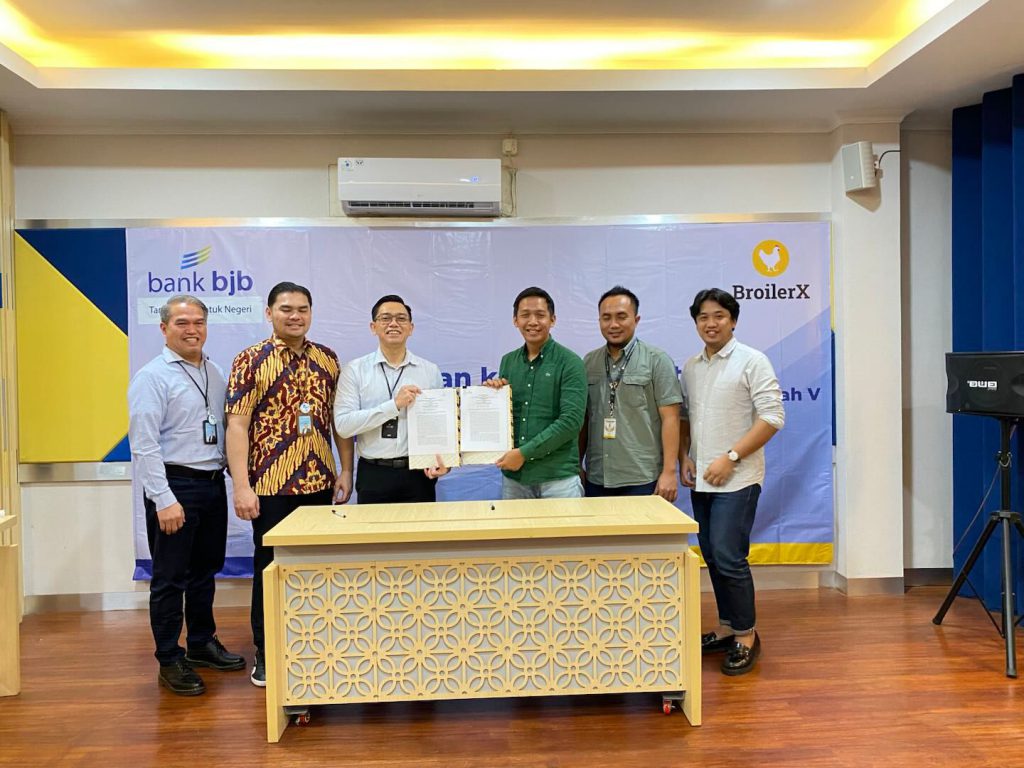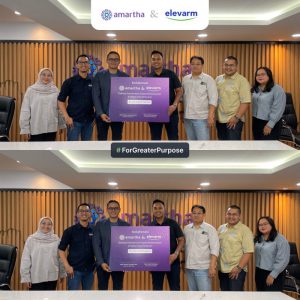We have had the opportunity to invest in companies in Indonesia tackling traditional industries with many underserved businesses, from poultry to farms to fisheries to textiles.
While these businesses approach enabling these industries in different ways, from providing inputs and advisory to operations management software to export solutions, a common service these companies have expanded to is financing.
As different as the products are, the businesses in each of these industries face inventory management or input access challenges that can often slow down growth without a cash buffer or more stable cash flow to then guarantee more stable inventory or input flows.
- Wifkain previously launched Wif-fin in partnership with several fintechs
- Elevarm’s recent funding round is going towards its financing products with the help of its strategic partners
- BroilerX partnering with Bank BJB to support supply chain financing for their chicken farmers (the second bank it has partnered with)

BroilerX’s partnership with Bank BJB
While not their core business, serving as a platform to finance key transactions can potentially serve as both an acquisition and retention tool for the businesses they support
Ensuring this service contributes to greater adoption of the core business (e.g., buying inputs, exporting goods, availing of storage / management solutions, manufacturing) is the short-term challenge:
- How can financing lead to more customers buying inputs (e.g., fertilizer), potentially increasing margins on proprietary development of these inputs?
- How can financing lead to more customers being able to export goods, potentially expanding the capability for the enabler to take on greater capacities on the demand side?
- How can financing lead to more customers taking advantage of the enablers’ manufacturing / storage / management services and ensure more stable recurring revenues?
While the more long-term question is how these businesses will eventually convert financing into a core business, from both an operational and financial perspective — leaning into our “fintech is everywhere” thesis and how nearly every enabler company is inevitably going to be a fintech on some level:
-
- How much of the financing process can the enabler take on?
- Does the business have enough data to underwrite financing?
- Does the business have enough partnerships to source capital (scalable liabilities) to build a sizable loan book?
- Does the business see enough demand to build a sizable loan book?
In the meantime, the partnerships these industry enablers enter into signify greater trust from financial institutions in the distribution and value of these players in their respective industries, which have previously been more difficult to penetrate.
Subscribe to read the full transcript
Paulo Joquiño is a writer and content producer for tech companies, and co-author of the book Navigating ASEANnovation. He is currently Editor of Insignia Business Review, the official publication of Insignia Ventures Partners, and senior content strategist for the venture capital firm, where he started right after graduation. As a university student, he took up multiple work opportunities in content and marketing for startups in Asia. These included interning as an associate at G3 Partners, a Seoul-based marketing agency for tech startups, running tech community engagements at coworking space and business community, ASPACE Philippines, and interning at workspace marketplace FlySpaces. He graduated with a BS Management Engineering at Ateneo de Manila University in 2019.
